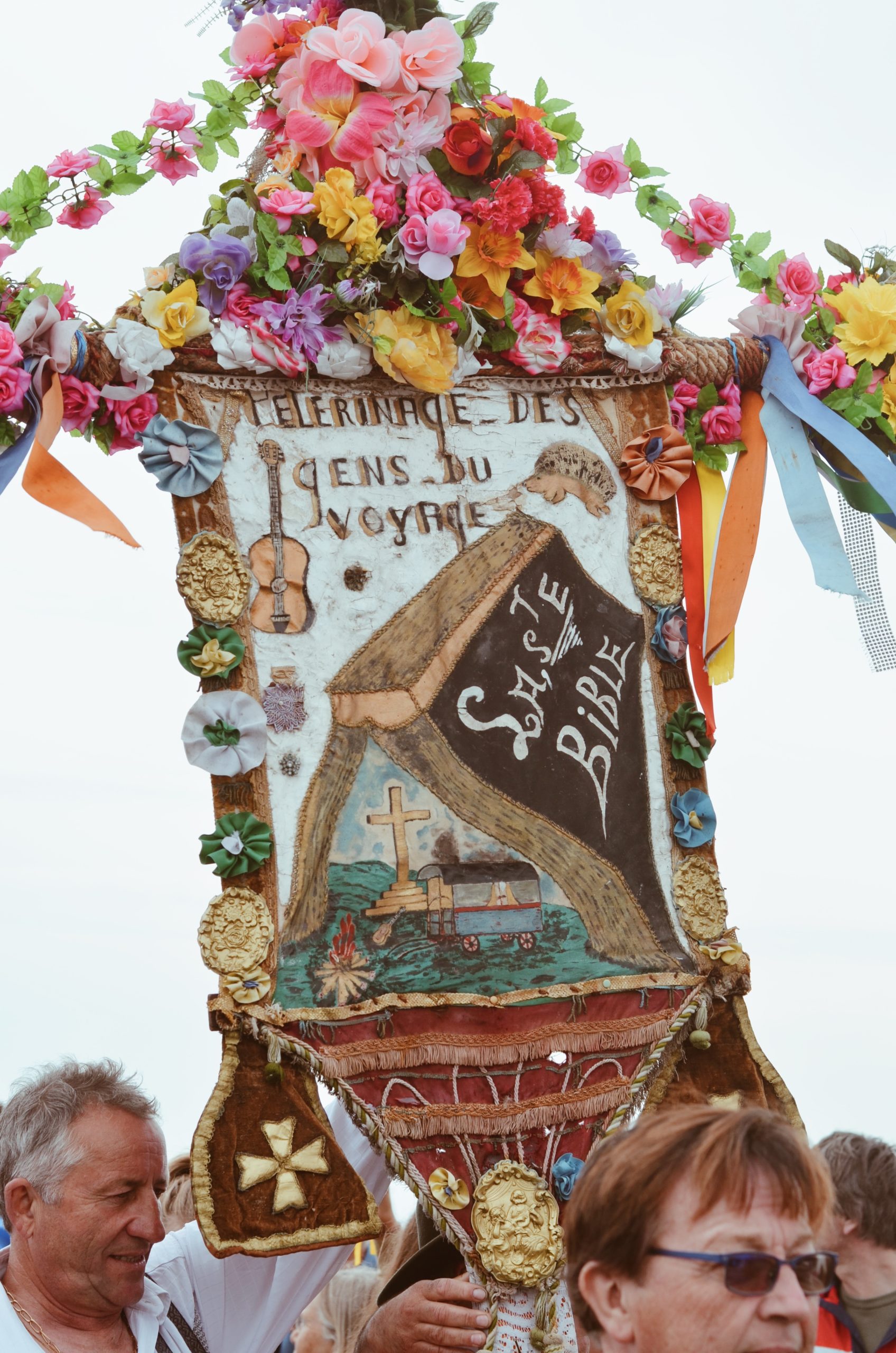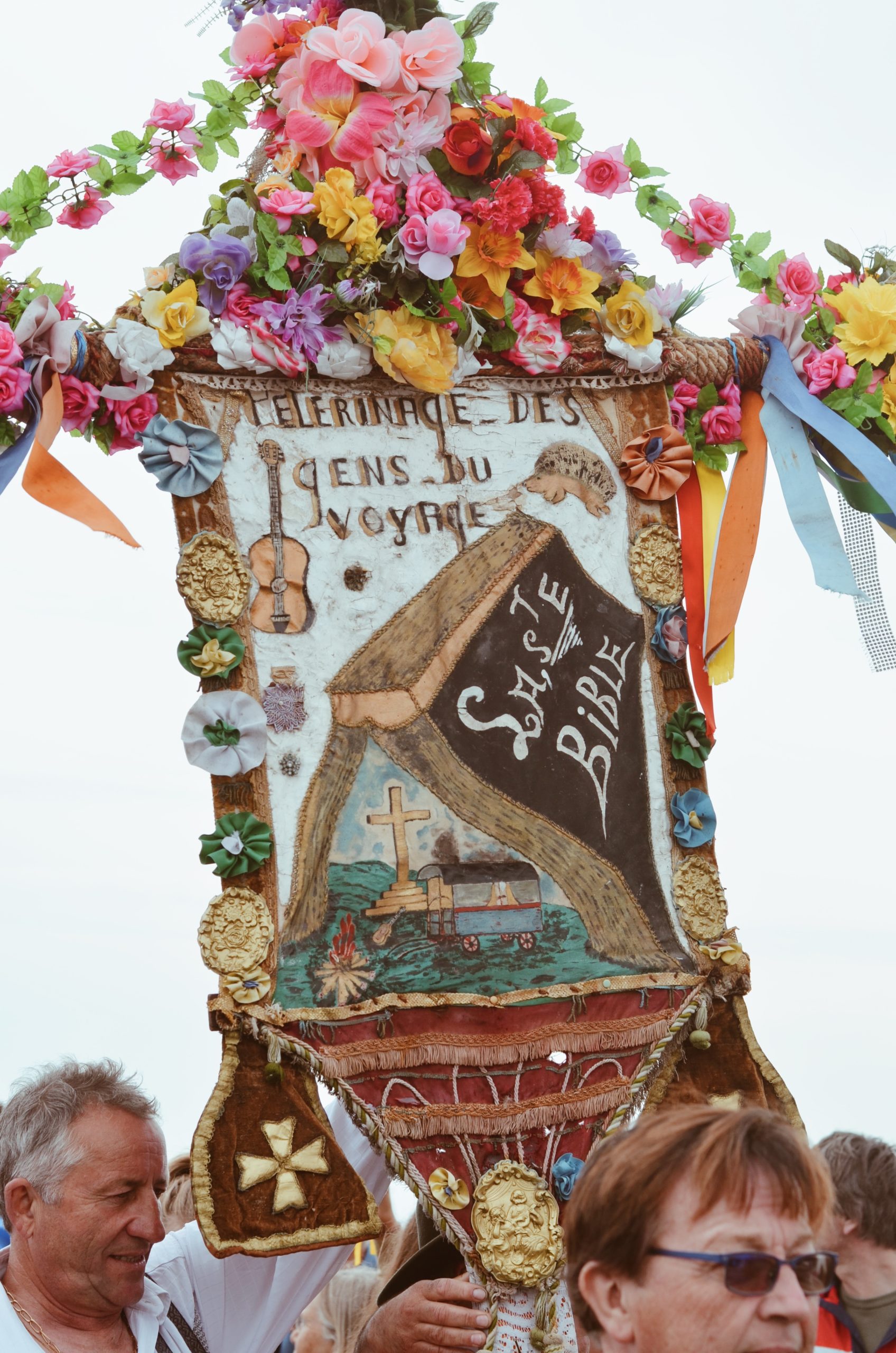There are different views on the religiosity of Roma. Some researchers believe that Roma lack the intellectuality to accept any (especially world) religion. Others believe that Roma can accept any religion without difficulty, but that they do so for mercantile reasons, which is why their religiosity does not deserve positive evaluation and recognition (N. Mizov, B. Mizov, Iv. Georgieva, E. Marushiakova ).
The religious affiliation of Roma has been studied in numerous sociological studies since 1992, such as “The Ethnocultural Situation in Bulgaria 1992”, “Gypsies in Transition”, “The Relations of Compatibility and Incompatibility between Christians and Muslims in the Bulgarian Lands”, etc. (Ethnic and religious differentials in Bulgarian mortality, 1993–98).
The Roma in Bulgaria are mainly divided between three religions: Orthodoxy, Islam and Protestantism. In fact, they have perceived and continue to perceive Islam and Christianity in their own way. Therefore, the religiosity of Roma in Bulgaria (Christian and Muslim) acquires a particular syncretic character, and in this respect it should not be classified as “pure” religiosity (Christian or Muslim).
In the “Stolipinovo” district of the city of Plovdiv, one can meet Roma who generally identify themselves as Christian and Muslim. The identity in mixed families varies, and for example, a person may be a “Turk” and a Muslim according to the father, and a “Roma” and a Christian according to the mother. The person can change identity, religion and “feeling” at any time. In the same neighbourhood, we encountered several cases where some Roma “become” religious, as well as cases where they “change” their religion. There is usually a reason for both. In one case, a Roma man was ‘enlightened’ by an imam (a hodja) who had several conversations with him and ‘opened his eyes’ to Islam at a time when he was having a very difficult life and his faith helped him to cope with some challenges. Before, he said he was not a believer. Now he is considered by other Roma as an ‘imam’. In another case, a Roma man said that Jesus had ‘healed’ his sister, who was suffering from a serious illness, and since then he identifies himself as a Christian, whereas he was previously a Muslim. We observe that religion may not be transmitted in the family, which is mainly true for Roma-Christians. Their children are not presumed to be Christian or Muslim, but as they grow up they are left free to choose their own religion and what they believe in.

It is important to note as a possible reason for the change of religion among Roma also the fact that those Roma who profess Islam have begun to read the Qur’an more intensively in recent years and to take an interest in it, as some Roma in Stolipinovo shared. For some Roma, after reading the Qur’an, it turned out that it had nothing to do with what they imagined Islam to be. Some Roma who converted to Christianity and were previously Muslims say they do not agree with some of the ideas professed by Islam, such as that of a man having “many women”.
When we say “Christians” and “Muslims” we mean them in general, but it is necessary to add that there are no orthodox Christians among the Roma. There are various other types of Christians – Jehovah’s Witnesses, Sabbatarians, Evangelicals. There is also a division among Muslims – Sophistic, Syunet and others. Radical Islam can be found as well as Alevis. There are also a small number of Roma who believe that “there is a God”, but who do not see themselves as Christians or Muslims. They believe in the existence of a higher power, but cannot be defined as religious at all. If we are to compare which are more numerous, Muslim Roma predominate over Christian and non-religious Roma.
The coexistence of Roma of two different religions in the same neighbourhood largely determines the traditions they follow. They are usually mixed. Christian Roma also celebrate Muslim holidays, and Muslim Roma celebrate Christian holidays. If we have to compare which ones are more religious, we can say that the Muslim Roma take religion very seriously. The Koran can be seen in most of their homes, they talk about religion much more often, they celebrate their holidays much more explicitly and visibly, and they observe the traditions associated with them. Every year during Ramadan, when people fast for a whole month, there are many cases of deaths due to fasting, especially among the elderly who follow the tradition extremely strictly. On the other hand, there are no problems with marriage between Roma of different religions, nor with cohabitation with Roma of different religions.



